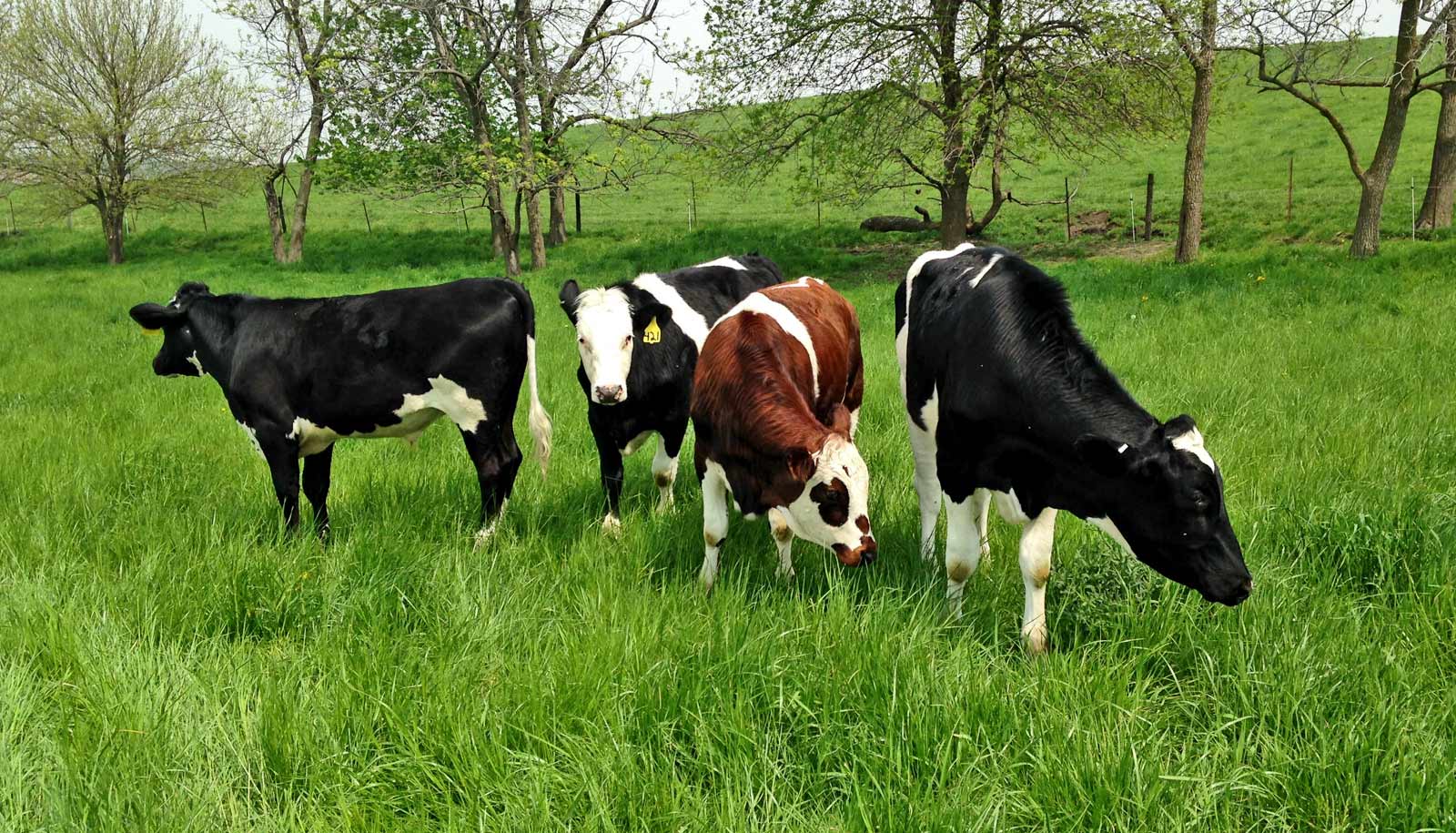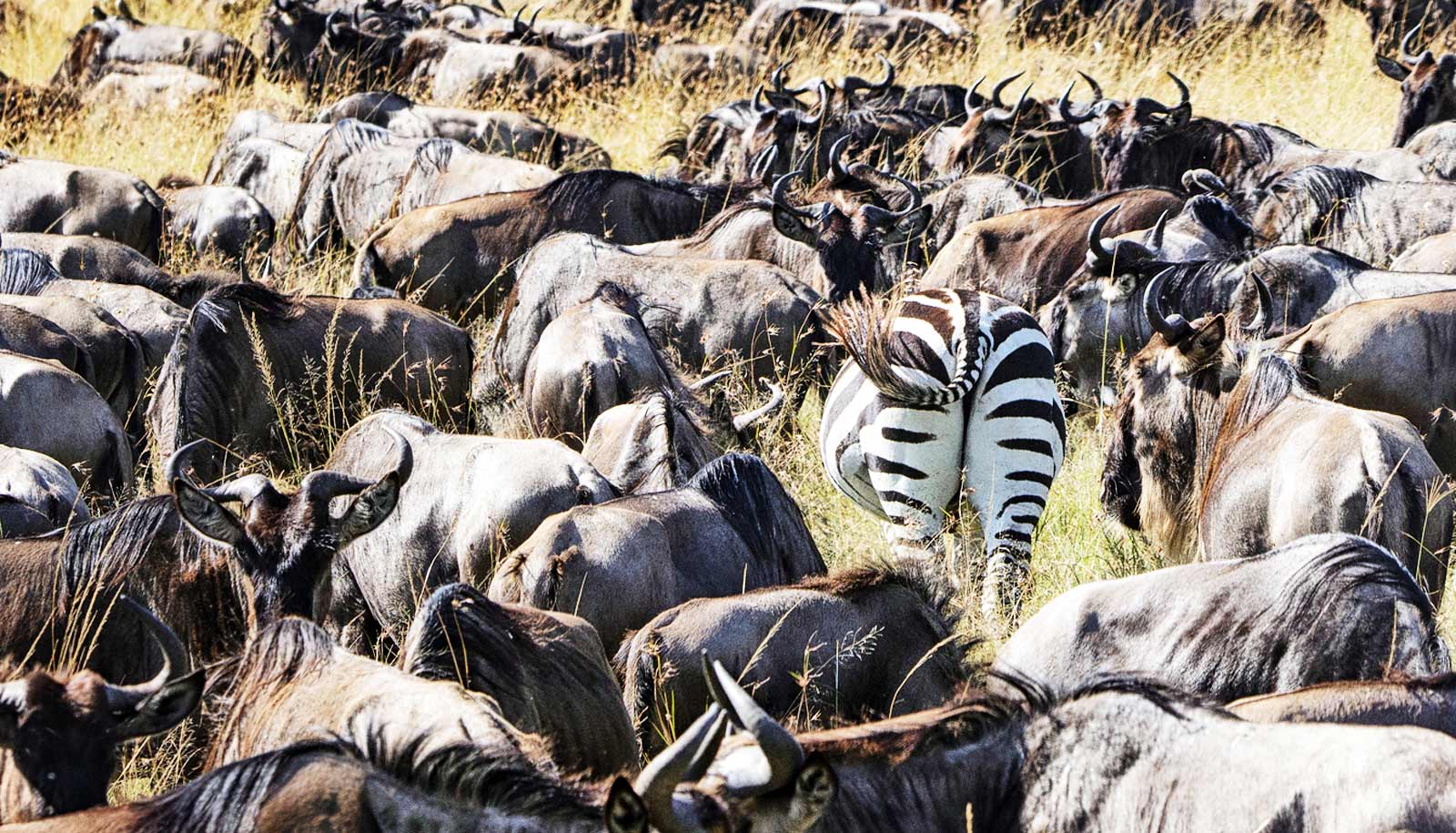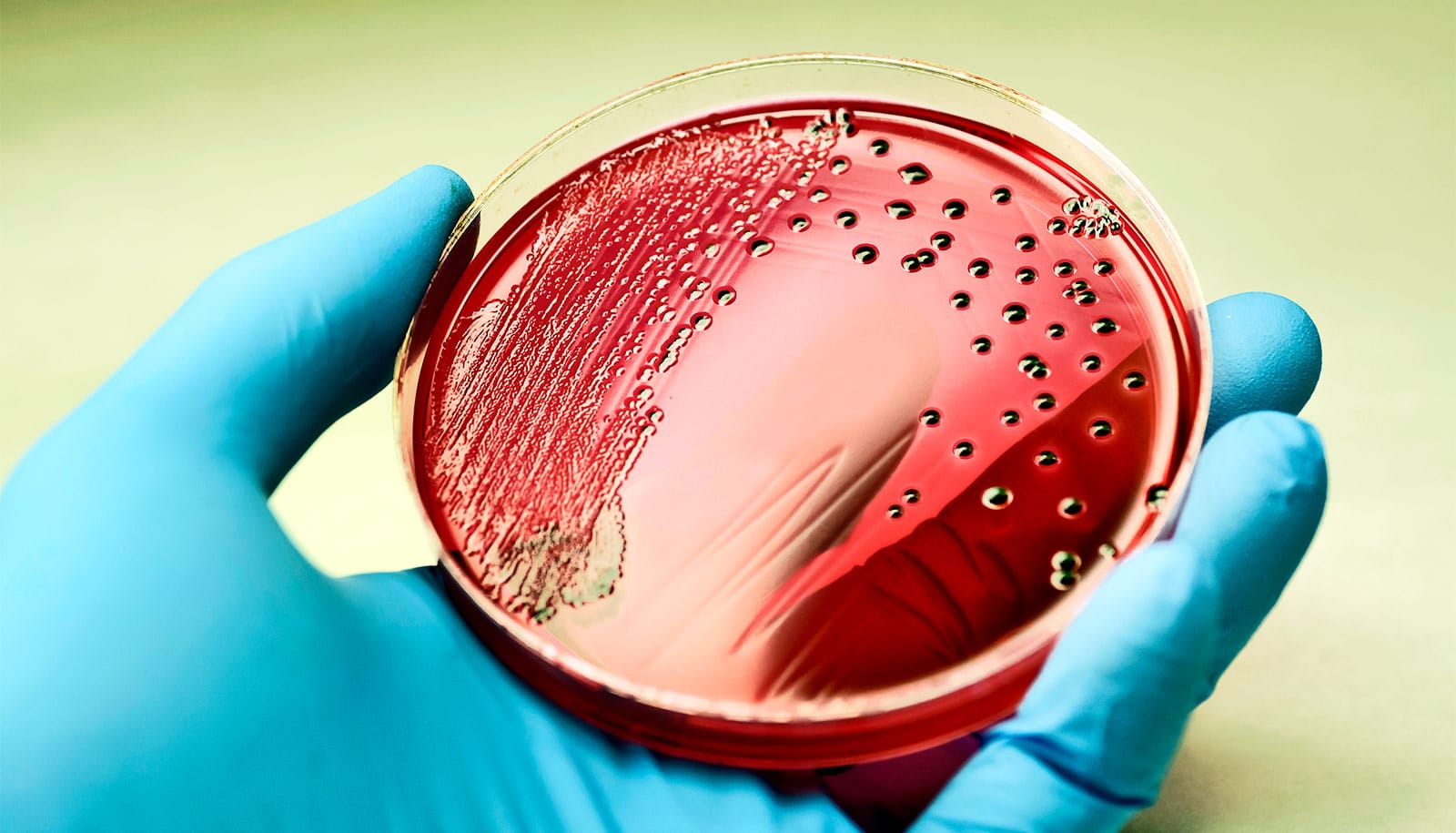Rotating organic crops and cattle on the same land can avoid significant food safety risks, research finds.
The study involved three experimental organic farming systems on which crops rotated with cattle. Researchers found no traces of common strains of E. coli or salmonella on the meat produced in the experiments, and pathogens detected in feed, fecal, and hide samples remained below thresholds commonly detected in conventional production systems.
The results show promise for the potential of farmers to integrate animal and crop production, says coauthor Kathleen Delate, a professor of horticulture and agronomy at Iowa State University. Experiments have shown such arrangements can help farmers realize a number of benefits, including better soil health, but Delate says no previous studies of such systems in the Midwest focused on food safety.
“Our feeling is that this kind of integration could be a practice more and more farmers could adopt for a variety of reasons,” Delate says. “Farmers are interested and are looking to universities and researchers for advice on how to get it done.”
The study in the journal Renewable Agriculture and Food Systems includes findings from three experimental farms in Iowa, Minnesota, and Pennsylvania. A small number of cattle grazed on small grain (wheat and rye) pastures on the farms, and then corn and soybeans were planted on the same acres the following year before the land was returned to grazing pasture. This differs from common agricultural practices in which animal and crop production are kept separate.
The research team monitored the integrated systems for a range of results, including whether such an arrangement could pose food safety risks via cross-contamination. They found adhering to standard food safety practices produced meat and grain that, when compared to conventional farming practices, was as safe or safer for consumption. None of the meat samples tested positively for E. coli O157:H7, a bacterial strain that can cause severe illness in humans, or for salmonella. Testing of cattle hide, feed, and fecal samples returned some positive results for pathogens, but the results were in line with studies from conventional operations.
“The integrated crop-livestock system in this study demonstrated a high probability of meeting food safety goals for limiting E. coli O157:H7 and Salmonella spp. contamination in the forage, feed, feces, hide, and meat of grass-based organic cattle,” the study concludes.
Delate says the study also found evidence integrated management yields benefits for soil health, but she says those results most likely will appear in a separate publication.
Source: Iowa State University


